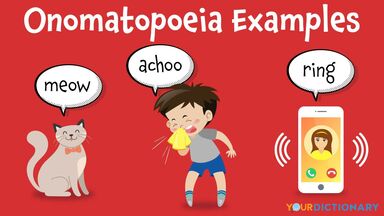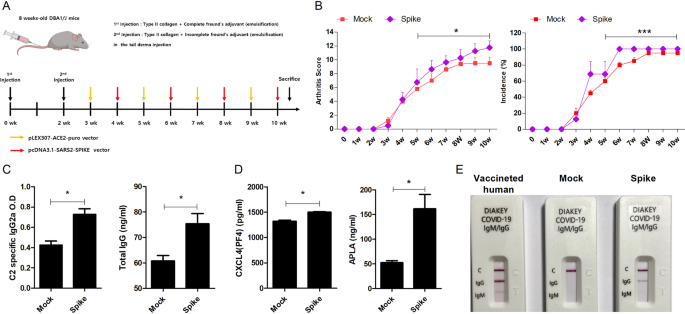SARS-CoV-2 spike protein promotes inflammatory cytokine activation
4.9 (681) · $ 14.50 · In stock
Background Coronavirus disease 2019 (COVID-19) induces inflammation, autoantibody production, and thrombosis, which are common symptoms of autoimmune diseases, including rheumatoid arthritis (RA). However, the effect of COVID-19 on autoimmune disease is not yet fully understood. Methods This study was performed to investigate the effects of COVID-19 on the development and progression of RA using a collagen-induced arthritis (CIA) animal model. Human fibroblast-like synoviocytes (FLS) were transduced with lentivirus carrying the SARS-CoV-2 spike protein gene in vitro, and the levels of inflammatory cytokine and chemokine expression were measured. For in vivo experiments, CIA mice were injected with the gene encoding SARS-CoV-2 spike protein, and disease severity, levels of autoantibodies, thrombotic factors, and inflammatory cytokine and chemokine expression were assessed. In the in vitro experiments, the levels of inflammatory cytokine and chemokine expression were significantly increased by overexpression of SARS-CoV-2 spike protein in human FLS. Results The incidence and severity of RA in CIA mice were slightly increased by SARS-CoV-2 spike protein in vivo. In addition, the levels of autoantibodies and thrombotic factors, such as anti-CXC chemokine ligand 4 (CXCL4, also called PF4) antibodies and anti-phospholipid antibodies were significantly increased by SARS-CoV-2 spike protein. Furthermore, tissue destruction and inflammatory cytokine level in joint tissue were markedly increased in CIA mice by SARS-CoV-2 spike protein. Conclusions The results of the present study suggested that COVID-19 accelerates the development and progression of RA by increasing inflammation, autoantibody production, and thrombosis. Video Abstract
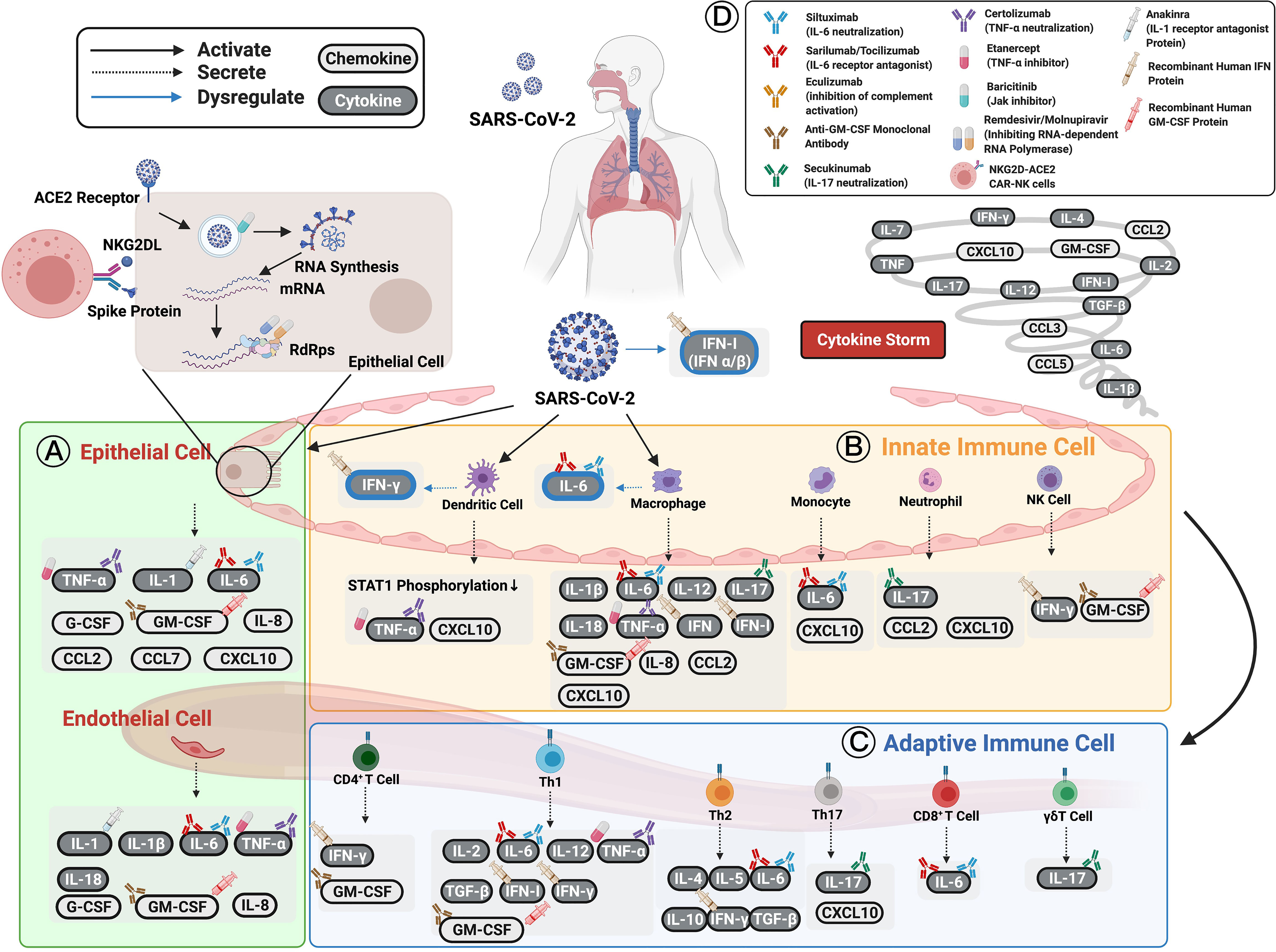
Frontiers The Role of Cytokines and Chemokines in Severe Acute Respiratory Syndrome Coronavirus 2 Infections
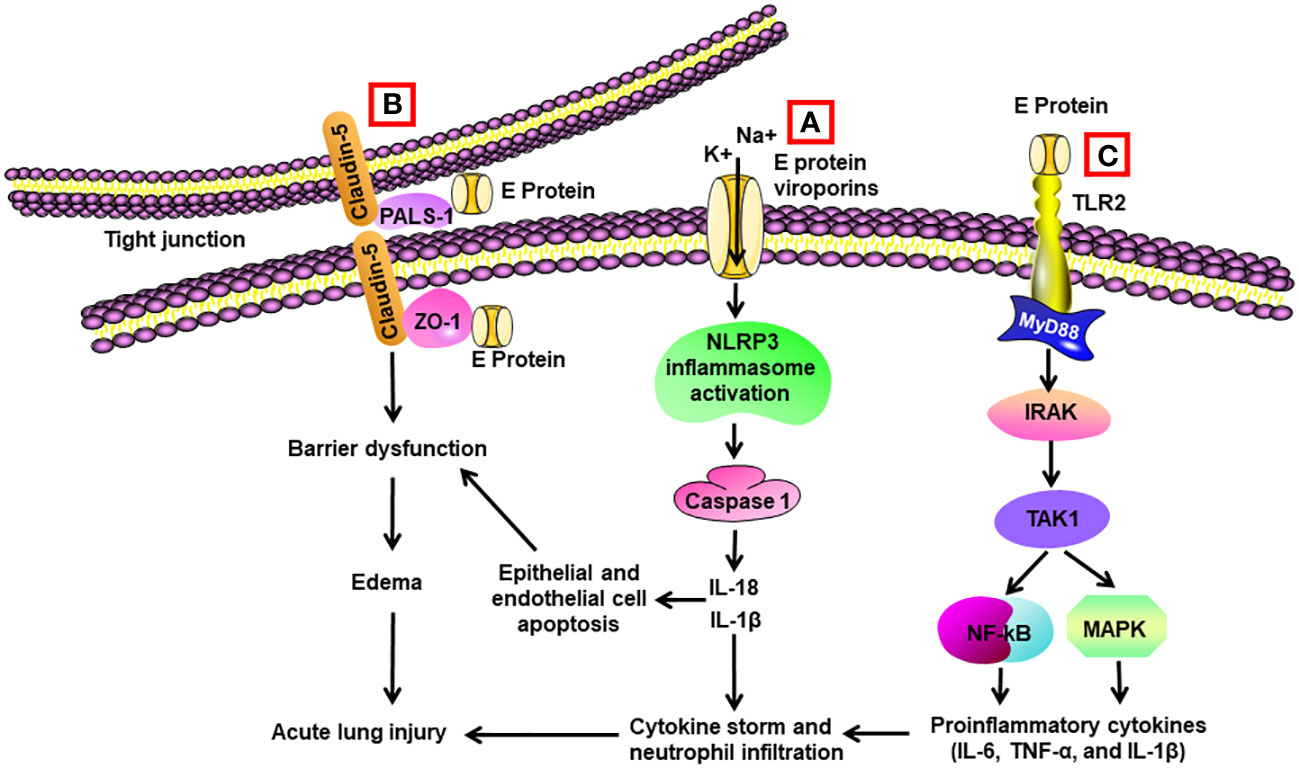
Frontiers Multifaceted role of SARS-CoV-2 structural proteins in
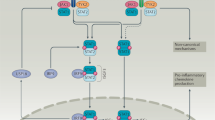
Type I interferons: crucial participants in disease amplification

Mi-LA CHO, Professor (Associate), PhD

T cell-intrinsic STING is critical for antitumor immunity. (A, B

SARS-CoV-2 spike protein induces inflammation via TLR2-dependent activation of the NF-κB pathway

SARS-CoV-2 and HIV-1: So Different yet so Alike. Immune Response at the Cellular and Molecular Level
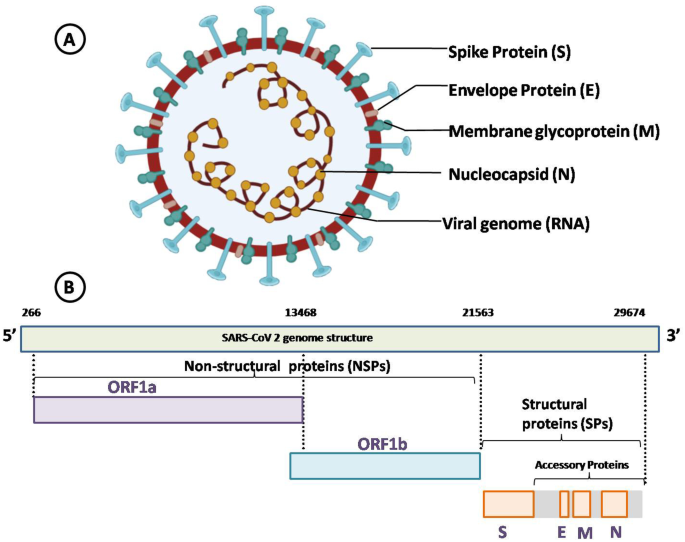
Innate Immune Response and Inflammasome Activation During SARS-CoV-2 Infection
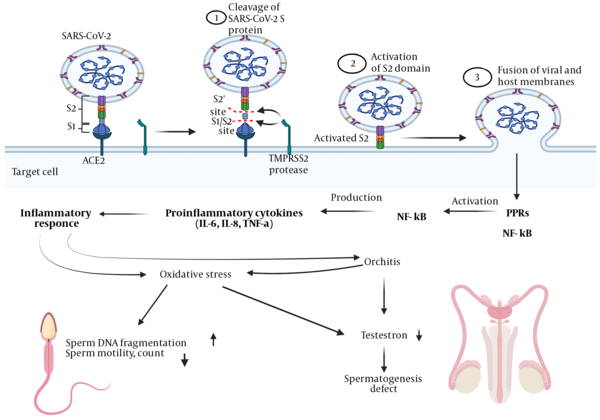
SARS-CoV-2 and Its Implications for the Human Reproductive System: A Review Article, Nephro-Urology Monthly

PDF] Immunotherapy of Autoimmune Diseases with Nonantibiotic
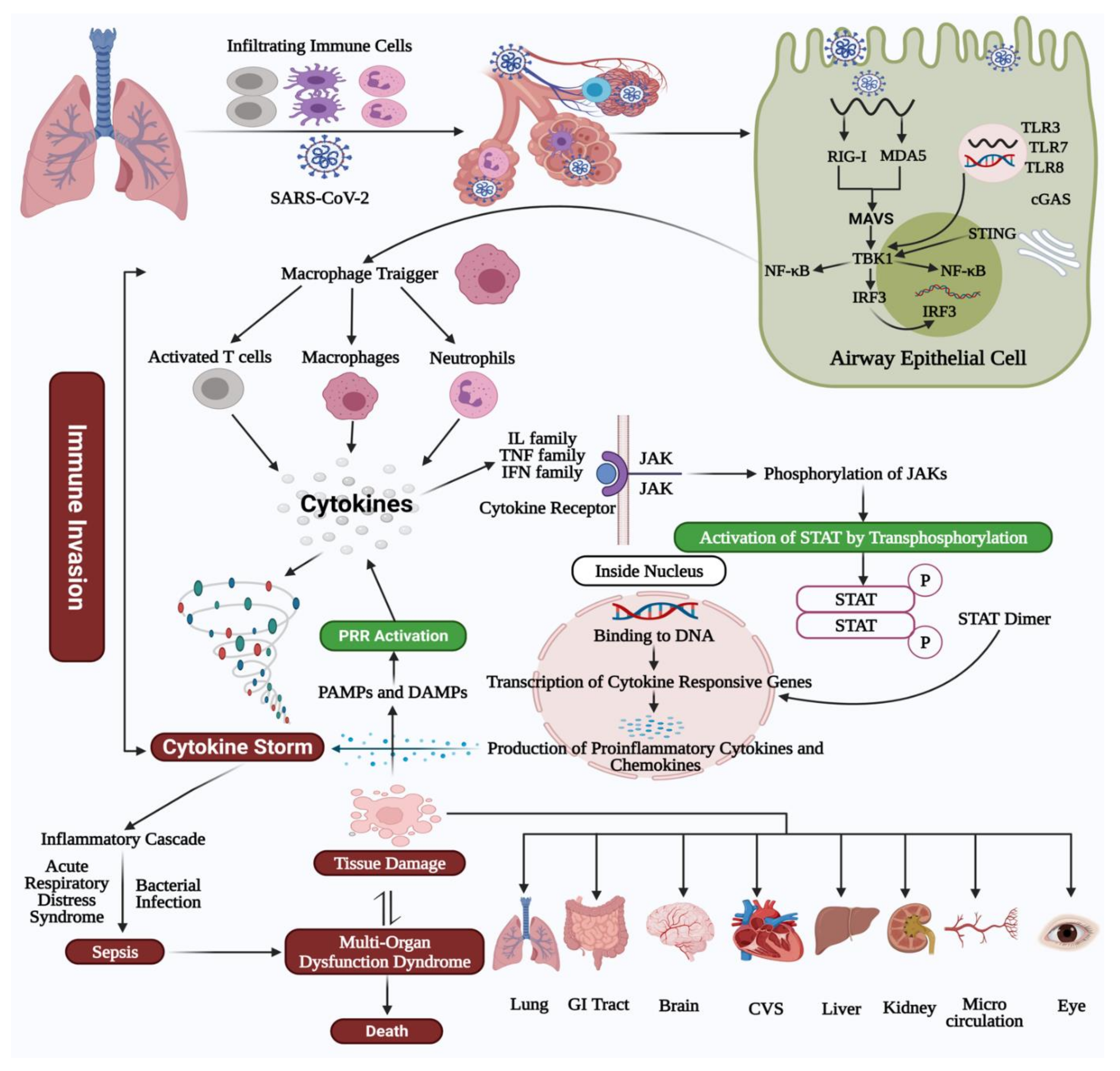
Vaccines, Free Full-Text
SARS-CoV-2 spike protein promotes IL-6 trans-signaling by activation of angiotensin II receptor signaling in epithelial cells

Multivariate adjustment using the Poisson model for emergency care

FOXP3 Monoclonal Antibody (FJK-16s), PE-eFluor™ 610 (61-5773-82)











